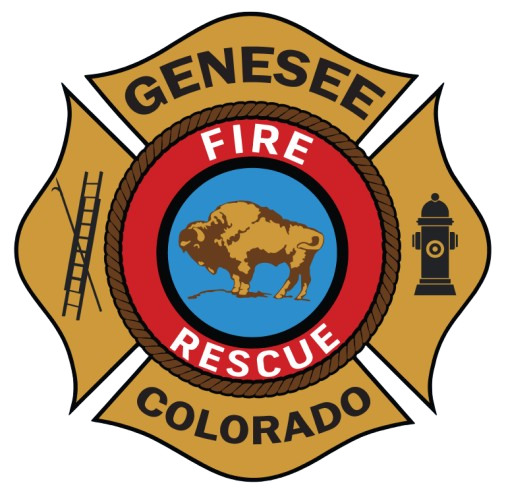FAQs about Alerts
Emergency alerts are sent 24/7 when there is an immediate threat to life and/or property. In addition to emergency alerts, you can also choose to receive customizable community notifications. These may include notifications about:
- Severe weather
- Safety risks
- Health risks
- Test messages
All text messages sent from LookoutAlert are sent using five or six-digit numbers called “short codes.” When you receive a text via a short code, you’ll receive a message from any of following short code numbers: 226787, 67283, 78015, 81437, or 77295.
- We strongly encourage you to save these numbers in your phone’s address book. Simply create a contact called “LookoutAlert” and add the numbers above in the standard phone number field. This way, when you receive an alert message, these will be more recognizable as an official communication from JCECA.
You are not able to reply to texts or emails sent by LookoutAlert. Voice messages provide a dial-back number to replay an alert message and will direct you to a website address for additional information about the event.
Once you have signed up online at the LookoutAlert sign-up page and confirmed your contact information within the system, you will begin receiving alerts.
Follow the below steps to change your LookoutAlert preferences (for example, to reduce the number of messages of a certain type, or to change the contacts used for each kind of message):
- Go to the registration page for LookoutAlert
- Login using your LookoutAlert username and password (If you’ve forgotten these, follow the instructions on the page under “Forgot Username or Password?”)
- Once signed in, click the Alerts tab at the top of the page
- Under ‘Notification Preferences,’ you can make changes to both the phone numbers and email addresses on which you want to receive LookoutAlert messages by clicking or unclicking the checkboxes
- You can also choose what alerts you want to receive and the method you wish to receive them by (text, voice, email)
- For example, if you wish to turn off all messages regarding health risks, simply uncheck the box to the left of “Health Risks”
- If you wish instead only to receive emails for health risk notifications, instead uncheck the “Text” and / or “Voice” choices, so that only “Email” remains checked
The frequency for which you receive alerts depends on the addresses you provide and the types of alerts you select to receive as well as the frequency of actual emergencies. Emergency alerts will only be sent when there is an immediate threat to life and/or property.
This system is not intended to bombard you with information. LookoutAlert will only send you alerts about the information you select to receive. To change your alert settings, login to the LookoutAlert registration page.
If a call completes and is sent to your answering machine or voice mail system, a message is left. If a phone call is not answered or busy, the system redials your number several times.
LookoutAlert messages are more likely to be delivered to your devices than messages sent from local phone numbers during emergencies when telecommunication is down; however, receipt of LookoutAlert messages is not guaranteed. The vendor for LookoutAlert, Rave Mobile Safety, supports mass systems, including systems hosted outside of the state of Colorado, to improve reliability and redundancy while lessening reliance on local infrastructure that might be distressed during notifications via geographically redundant an event. Receipt of LookoutAlert messages may depend on your phone carrier and their cell phone tower operations, network connectivity, or other factors.
LookoutAlert will leave a voice message on your recording machine.
If your residence is outside of Jefferson County, the City and County of Broomfield, and the City of Westminster, Colorado, you should sign up for the alert system that covers your area. You can also sign up for NOAA All Hazard Radios (NOAA Weather Radio), EAS Emergency Alert System (EAS) – Colorado Broadcasters Association, and WEA (Wireless Emergency Alerts (WEA) | Federal Communications Commission)
